What is a Maxillofacial Surgeon? What they do? and what do they specialize in.
Maxillofacial surgeons, also known as oral and maxillofacial surgeons, possess the expertise to address an extensive range of conditions and injuries that impact the head, neck, mouth, jaw, and face.

What Does a Maxillofacial Surgeon Do?
Maxillofacial surgeons are qualified to treat a number of conditions related to the head and neck area, including:
- Face & Jaw surgery
- Impacted teeth
- TMJ treatments
- Facial fractures & facial trauma
- Oral implant ploy
- 3rd molar removal
- Oral cancer/tumor diagnosis & treatment plans
- Orbital reconstruction surgery
- Facial aesthetic procedures
These surgeons are also trained in anesthesia and pain control, with a focus on anesthesia that allows you to walk out of the office at the end of your appointment.
Typically, maxillofacial surgeons perform surgeries to address issues and enhance aesthetics. These surgeries are usually performed on an outpatient basis. Additionally, they provide post-surgery guidance for recovery and may schedule follow-up appointments to monitor progress.

Most Common Conditions a Maxillofacial Surgeon Treats?
Maxillofacial surgeons, also known as oral surgeons, specialize in treating various conditions and performing procedures in the face, jaw, and neck area. The common range of services, including:
- Dental Implants: Maxillofacial surgeons can remove teeth and replace them with permanent synthetic options, providing both health and cosmetic benefits.
- Reconstructive or Reparative Surgery: These surgeons can perform procedures to adjust bones and joints, as well as reconstruct broken facial sockets, helping to alleviate discomfort and improve functionality.
- Cleft Lip or Palate Repair: Maxillofacial surgeons can address birth defects such as cleft lips and palates through surgical interventions.
Some reasons to consult a maxillofacial surgeon include:
- Skeletal Problems: Misaligned jaws or chronic temporomandibular joint (TMJ) pain may require the expertise of a maxillofacial surgeon.
- Facial, Oral, or Neck Cancer: Maxillofacial surgeons are trained to safely remove tumors in the face, neck, and jaw region while preserving nerve function.
- Reconstructive Surgery: In the case of facial injuries or broken jaws, maxillofacial surgeons can perform reconstructive procedures and even insert dental implants.
- Cosmetic Surgery: Maxillofacial surgeons can assist with cosmetic procedures, such as dental implants or facial profile enhancements, to help patients achieve their desired appearance.
Whether you are referred by a dentist or doctor, require emergency care, or seek cosmetic improvements, a maxillofacial surgeon can provide the necessary expertise and treatment for a range of conditions in the head and neck area.
Procedure Details
Understanding the procedures in Maxillofacial
What happens before maxillofacial surgery?
If you require maxillofacial surgery, your healthcare provider, whether it’s your primary care provider or dentist, will refer you to a specialist in this field.
During your consultation with the maxillofacial surgeon, they will:
- Inquire about your symptoms, medical history, and current medications, among other relevant information.
- Conduct a thorough examination of your oral cavity and the surrounding areas.
- Arrange for any necessary tests, such as dental X-rays or 3D scans, to obtain detailed images of the maxillofacial structures.
- Provide a diagnosis and recommend the appropriate course of action, which may involve surgery or other forms of treatment.
What happens during maxillofacial surgery?
Maxillofacial surgery can vary significantly depending on the specific problem and procedure involved. While some surgeries can be performed on an outpatient basis, allowing you to return home on the same day, other treatment plans may require multiple surgeries to achieve the desired outcome.
Maxillofacial surgeons are highly trained and authorized to administer anesthesia to ensure your comfort during the procedure. Your healthcare team will discuss with you whether anesthesia is necessary and determine the most appropriate type for your specific situation.
At the conclusion of the surgery, your surgeon may use stitches to close any surgical incisions. They may also place packing material in your mouth to protect the wound and absorb fluids like blood and pus, as well as safeguard your teeth.
What happens after maxillofacial surgery?
Following maxillofacial surgery, you will be transferred to a designated recovery room where you will gradually awaken from the effects of anesthesia. It is common to experience some discomfort or pain as the anesthesia wears off.
Additionally, you can expect the following post-surgery effects:
- Bleeding
- Swelling
- Bruising
- Limited jaw and teeth functionality
Your surgical team will provide detailed information about the outcome of the surgery, when you can safely leave the hospital, and instructions on self-care during the recovery period.
If you have received anesthesia, it is important to arrange for someone to drive you home after the procedure.
What’s recovery like after maxillofacial surgery?
The recovery process following maxillofacial surgery varies depending on the specific procedure performed. It is common to experience discomfort, sensitivity, swelling, and bleeding for several days after the surgery. To ensure your comfort, your healthcare provider may prescribe pain medications.
If stitches were used, they will either dissolve on their own or be removed by your healthcare provider within approximately a week.
During the recovery period, you may need to make certain adjustments to your diet and activities. Your healthcare provider will provide you with detailed instructions, which may include:
- Applying ice packs to reduce inflammation.
- Avoiding crunchy, chewy, or hard foods.
- Abstaining from tobacco products and alcohol.
- Refraining from exercise for a few days to minimize bleeding and swelling.
- Taking sufficient rest to prevent complications.
- Rinsing your teeth instead of brushing them to eliminate bacteria in the mouth.
Risks & Benefits in Maxillofacial surgery
Advantages of maxillofacial surgery include permanent improvement in pain, function, and appearance. This type of surgery can address various conditions and provide long-term benefits.
However, it’s important to be aware of the potential risks and complications associated with maxillofacial surgery, which may include:
- Bleeding during or after the procedure.
- The development of dry socket, a painful condition that can occur after tooth extraction when blood clots are disrupted.
- Infection in the surgical area.
- Injury to teeth, lips, tongue, cheeks, chin, nasal cavity, sinuses, or maxillofacial bones or tissues.
- Numbness or changes in sensation in the mouth or other areas of the face.
- Postoperative pain and discomfort.
- Possible damage to the nerves that control facial muscle movement.
- Rare complications such as the presence of root fragments, where a piece of tooth root breaks off and remains in place after surgery.
- Temporomandibular joint (TMJ) disorders, which can affect jaw movement and function.
It’s essential to discuss the potential risks and complications with your healthcare provider and have a thorough understanding of the procedure before making any decisions.
More articles...

Tips and Tricks for Effective Clear Aligner Treatment

At-Home Remedies For Tooth Cavities

The Impact of Coffee and Tea on Tooth Staining

Navigating Self-Treatment After Tooth Extraction

Can I Restore a Chipped Tooth Without Implants?

Does Diabetes Affect the Treatment of the Tooth?
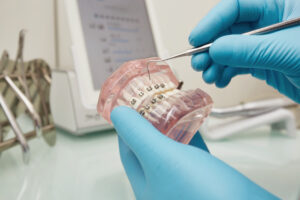
The Importance of Tooth Alignment with Braces

Understanding Wisdom Tooth Pain

Important things to know before whitening your teeth

Botox & Fillers

What are Dentures?
What’s Dental Crown or Bridges

Teeth Grinding

The Role of a Pediatric Dentist in Children’s Oral Health

Proactive approach to oral healthcare
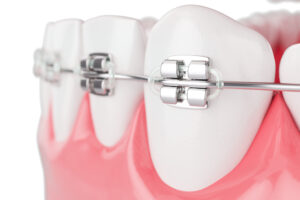
Understanding the Mechanics of Braces and the Significance of Consistent Adjustments

Face Reconstruction Clone
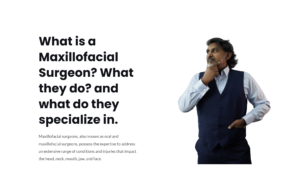
What is a Maxillofacial Surgeon?
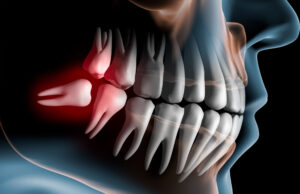
Impacted Teeth
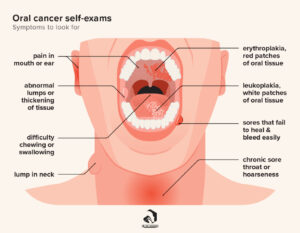
Oral Cancer & Tumor
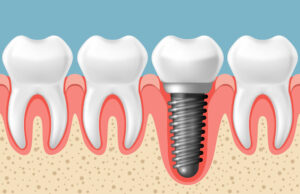
Dental Implant
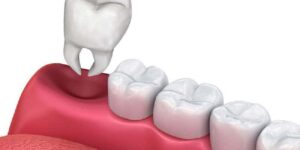
3rd Molar

1cdizb
Your comment is awaiting moderation.